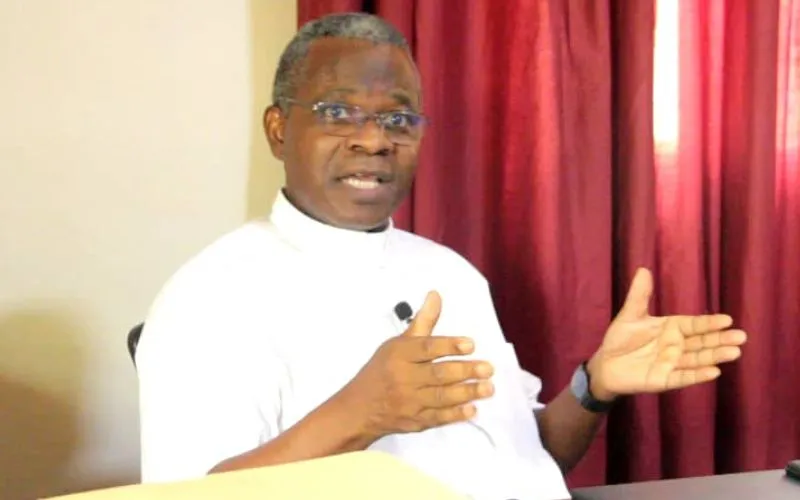The situation calls for “a revolution”, he went on to say, and posed, “Do you think that the people are going to be dying of hunger and they will just be looking without doing anything? That's why I said it is not sustainable to have islands of wealth amidst a sea of poverty.”
“The impact of this inequality is widespread and deeply felt,” Fr. Ehusani lamented, noting that the rising rates of mental health issues, domestic abuse, and road rage are indicators that Nigerians are not coping well with the current economic situation.
“Nigerians are not coping well with this glaring poverty and inequality in our country, because, if you go to mental homes and psychiatric hospitals, then you will know that Nigerians are not coping well,” he said.
The Executive Director and Lead Faculty of the Lux Terra Leadership Foundation, which deals with leadership training further recounted, “If you live in Lagos and you drive past through the third mainland Bridge and you see the number of Nigerians that are jumping into the lagoon from time to time, then you know Nigerians are not coping well.”
He continued, “Not long ago, early this year, the Yaba Neuropsychiatric Hospital released a report where they said that psychiatric admissions had gone up by 60% between last year and this year. And that the number of outpatients has gone up by 100% between last year and this year.”
“Nigerians are not coping well. They are dropping off mentally. Then the level of domestic abuse in homes transferred aggression, the road rage, and a number of fights you see in the motor parks and on the roads, shows that Nigerians are frustrated,” he further recounted.
The Abuja-based member of the Clergy of Nigeria’s Catholic Diocese of Lokoja queried, “How come the government is able to afford N21 billion to build a new residence for the vice president, N40 billion to refurbish the National Assembly Complex, N100 billion ($ 63,838,160.00) to subsidize hajj?”
Fr. Ehusani who also called for collective action and unity among Nigerians to address these disparities.
He called upon his compatriots to seek ways to overcome ethnic and religious differences, which he said he believes hinder effective organization and resistance against oppressive systems.
“When we can overcome our ethnic divide, the next day things will change; when we can overcome our religious divide, the next day things will change,” Fr. Ehusani said.








